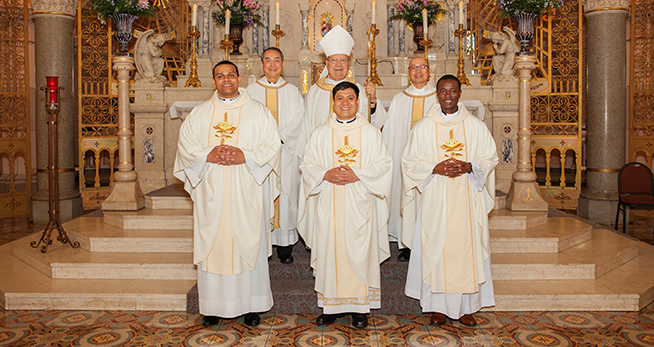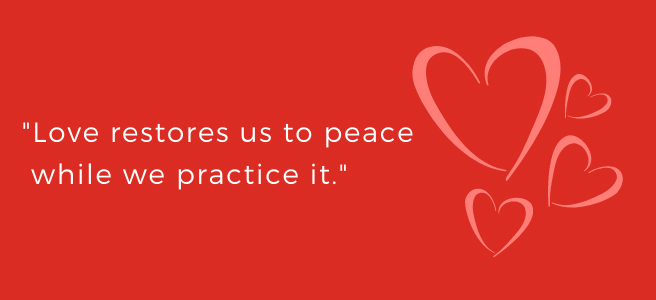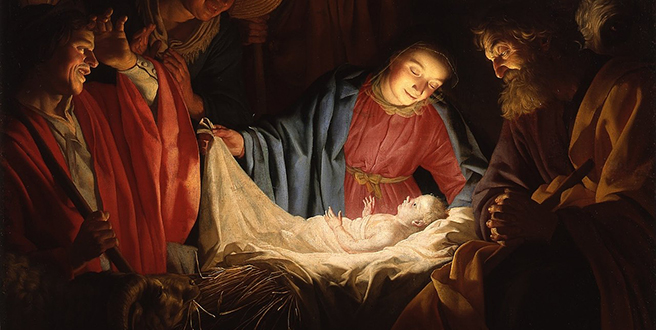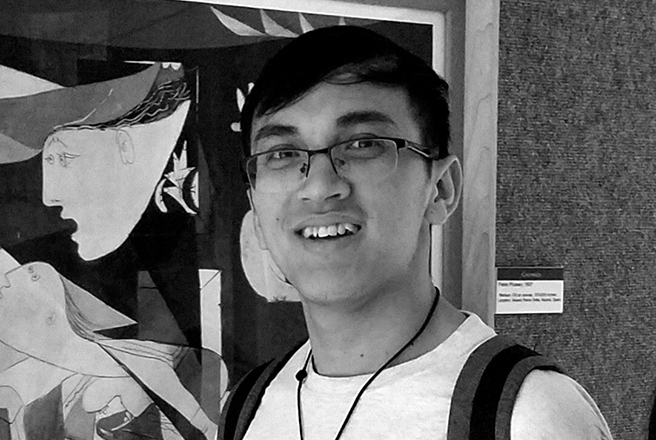
by Father Marlon Bobier Vargas SVD
Missionary work in Spain’s rural parishes represents a path of profound spiritual enrichment and significant challenges, weaving a unique tapestry for spiritual advancement and community unity.
The Gifts of the Mission
Missionaries enjoy the privilege of immersing themselves in the rich cultural heritage of Spain and sharing a faith that is the cornerstone of these communities, where the simplicity of rural life leads to a deeper understanding of spirituality. Welcomed with hospitality, these ambassadors of faith knit strong and enduring bonds, based on respect and shared beliefs, thus enriching the life of the parishes with their presence.
Challenges of the Mission
These gifts come with inherent obstacles, including the challenge of engaging youth in a faith that competes with the pace of modern life. Additionally, they face the task of rejuvenating parish life, maintaining a balance between tradition and the need for innovation, to ensure that the Church remains relevant in the villagers’ daily lives.
The geographical remoteness of these parishes also can be a barrier that requires creative effort to maintain community connection and commitment. Missionaries adapt to multiple roles; address spiritual, social and material needs; and exemplify the servant leadership that Christ personified.
Inspiration from Saint Arnold Janssen
SVD missionaries from India, Brazil, Vietnam, Mexico, Angola, Ghana, Indonesia, and the Philippines serve in the Spain Province and infuse the teachings of Saint Arnold Janssen into their work. They promote cohesion and ignite a passion for faith among rural inhabitants. They face adversities with unshakeable trust in the divine plan and resilience inspired by Saint Arnold’s words: “The good Lord knows best where he can use a person” and “Never lose your courage, no matter what happens!”
Humility is central to their approach to service in line with Saint Arnold’s vision that considered honor as ephemeral. In his spirit, they focus their efforts on acts of service that promote peace and spiritual development. Prayer remains the guiding force with a measured devotion that welcomes the youth with compassion and patience and avoids “limitless zeal.”
Cultivating Patience and Mutual Support
Following Saint Arnold’s belief that “All good things grow slowly,” the mission is dedicated to patience in spiritual growth, highlighting the importance of mutual support with the strong pillar of the village in shared prayer.
The SVD missionaries in rural Spain are a living example of the faith and virtues of Saint Arnold Janssen, inviting parishioners to deepen their understanding of this saint’s life and live his teachings in the parish community.
As the celebration of Saint Arnold Janssen approaches, parishioners are urged to embody these missionary virtues, renewing the life of their parishes with the example of service, humility and balanced devotion that Saint Arnold advocated throughout his life.
Father Marlon Bobier Vargas received his seminary education in the Chicago Province and was ordained in 2020. He serves in the SVD Spain Province as a parish pastor and mission secretary for the province.








